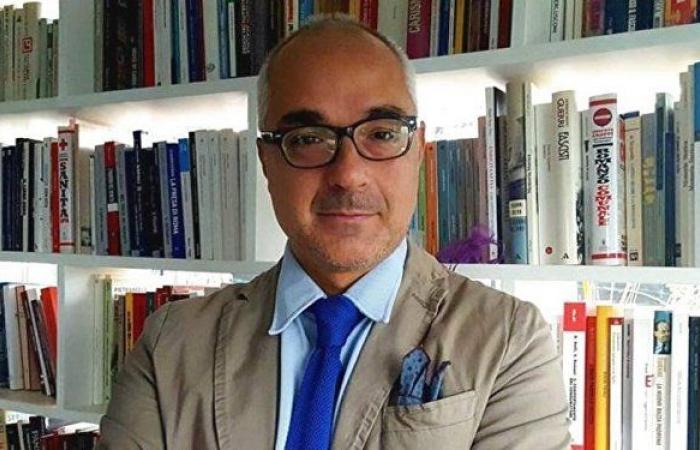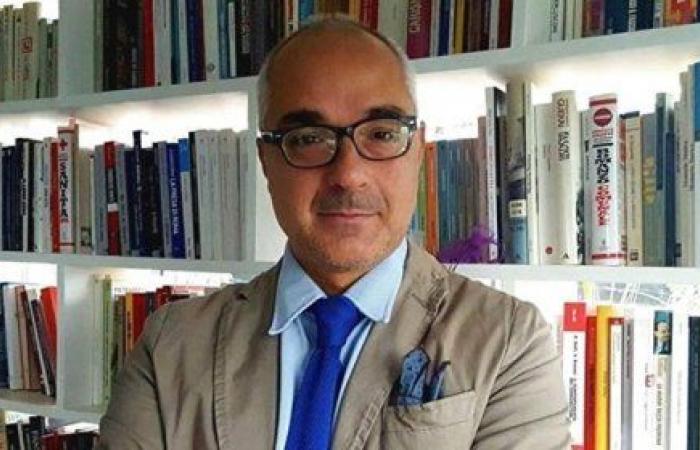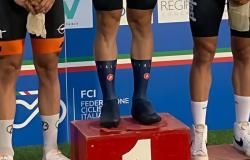by Claudio Lattanzi
So much effort wasted. Proposta Civica’s decision to refuse to join forces with Stefano Biagioli’s centre-left for the second electoral round has created and is creating much dismay among the vast majority of voters who have made it, in a handful of months, the third political force in Orvieto . The logic of this choice is in fact elusive also because the final result is to anesthetize the consensus gathered in an opposition role that was chosen a priori and which did not appear entirely obvious when it was instead decided to throw the sponge.
The match was abandoned even before the referee blew the whistle for the end of the match. Leaving aside the low-cooked (but not irrelevant) explanation of the considerations evidently carried out on the future composition of the council group in different circumstances, it is interesting to understand why a civic movement capable of winning the vote of one voter in five has instead taken the defeatist path of those gives up at the start. A decision that is even more incomprehensible when compared to the professional depth of Roberta Palazzetti who had and has the potential to be one of the most important protagonists of the city’s public life in recent years.
At the basis of this option which has given rise to obvious discontent and stomach ache, there is the completely misrepresented idea of what civility is and should be. A true civic movement is one that bases its action on the attempt to implement its program, without having ideological anchors (and indeed including within itself even opposing ideological options) in a logic that is not that of belonging to and obedience to party system, but of the relationship of trust with citizens.
In this vision, a civic movement seeks in every circumstance the most suitable ways to do the only thing it has at heart, that is, to implement the electoral program. When Stefano Biagioli offered Proposta Civica the possibility of an agreement based on the concession of the vice mayor and at least three departments, it was evidently faced with the possible scenario of trying to complete its civic mission, considering that politics it is always conditioned by power relations.
Having declined that offer therefore appears incomprehensible unless one takes into account the concept of civility that prevailed in this case. That is, the idea of civility understood as an indifferent declination of anti-politics in continuity with a story which, in the Italian case, comes from afar, more or less from the Tangentopoli season and which had grillism as its most recent expression.
The refusal to understand that the essence of politics is to always be the art of the possible and, therefore, the ability to seek the best possible compromise, given the conditions of the context in which one finds oneself, to transform one’s vision into reality . The only thing that should matter. In Palazzetti’s group, however, the completely apolitical idea of being the bearers of a hypothesized purity which is the denial, at the same time, of both political capacity and authentic civility has taken hold. A purity that it is not clear now what it is for and which, even worse, contradicts the implicit pact with the voters.
Like the story of the child who punctures the ball when he realizes he has lost the game. In all of this, the one that comes out bruised is the leadership of Roberta Palazzetti who went haywire in the face of the first real political test, demonstrating that she does not have a plan or B or at least that she did not share it first with those who trusted the two civic lists. The hope remains that Palazzetti’s value can still be spent in the best way in favor of the community and in the face of an imminent electoral victory of that centre-right which does not have (just as the centre-left did not have) any real project for the future of Orvieto, but has political ability to spare. The real question here is to think of a new economic model that can fill the heavy destruction of wealth produced 22 years ago by the end of the barracks model.
45% of voters placed their trust in those who ran a worthy electoral campaign, speaking about the coplanar road and tourism as prospects for the next five years. As if the construction of a road, designed two decades ago, and an economic sector on which less than 20% of the city’s wealth and jobs depend could restart that mechanism of attracting public and private investments and creating high-level jobs. which Orvieto dramatically needs.
Before disdainfully puncturing the ball and withdrawing from the fight, one should have thought better about one’s responsibilities in the face of this scenario which affects everyone as well as the legitimate expectations of one’s constituents. Orvieto risks being the one to end up with the punctured ball once again while Proposta Civica already did so two days ago.





I like:
I like Loading…







